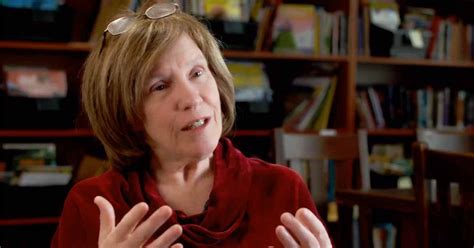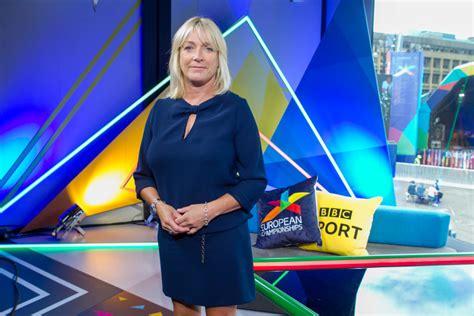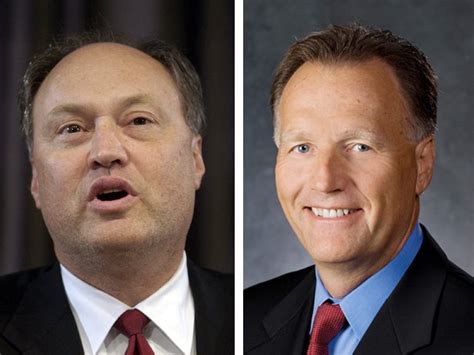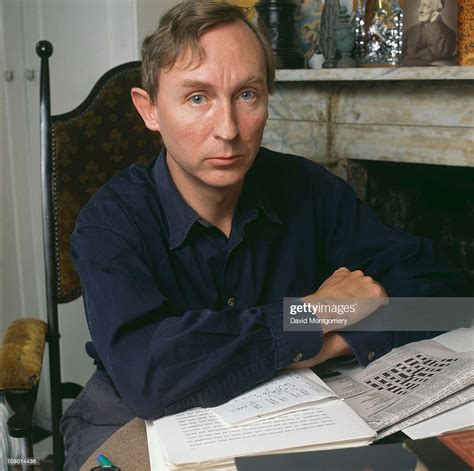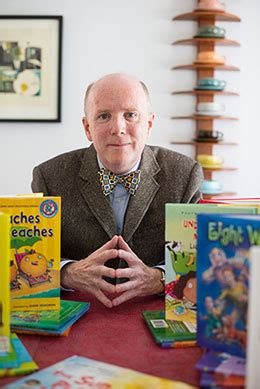A Quote by Mark Kurlansky
Children ask questions much more than adults do, and you have to wonder if this is something we have that we lose.
Related Quotes
Generally I find that kids ask better questions than you get with adults. Something that kids will do a lot is, they're so nervous, and they're not really paying attention, so they'll ask the same question someone just asked. And you're trying to be nice and not embarrass them any more than they are already.
Except I'm aware that as a writer you can't get away with as much writing for children as you can with adults. Children have much more finely tuned senses of justice, morals, and ethics. They are much more Platonic: children are symmetrical, before we begin to fragment them with our own nonsensical ideas and squelch their natural joy in knowledge.
When Christians start thinking about Jesus, things start breaking down, they lose their faith. It's perfectly possible to go to church every Sunday and not ask any questions, just because you like it as a way of life. They fear that if they ask questions they'll lose their Christ, the very linchpin of their religion.
The new concept of the child as equal and the new integration of children into adult life has helped bring about a gradual but certain erosion of these boundaries that once separated the world of children from the word of adults, boundaries that allowed adults to treat children differently than they treated other adults because they understood that children are different.









